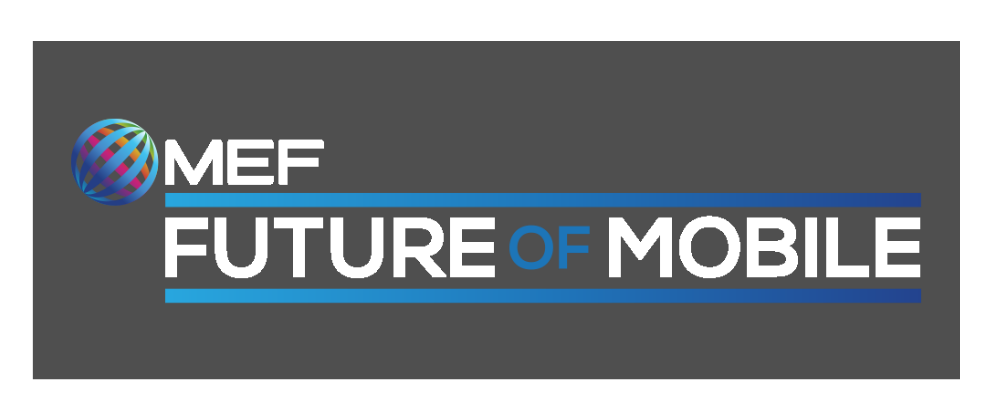Caitlin Long, Senior Director for Product Management & Strategy at Bandwidth, shares an overview of their session from MEF Global Forum 2025 in Barcelona, where she and Stephanie Lashley explored the shift towards “conversational” commerce and how you can best prepare for and embrace this new era in business messaging.
The ecommerce landscape is evolving rapidly towards conversational commerce. This isn’t just about adding a “Buy now” button; it’s a paradigm shift in how brands engage with customers, and it presents significant opportunities–and challenges–for the messaging ecosystem as a whole.
Beyond transactions: The expanding definition of commerce
Conversational commerce, at its core, is the use of to facilitate a rich conversation between brand and customer, ultimately leading to the transfer of goods and services.
While ecommerce and retail are the most obvious applications, the potential extends far beyond into other verticals like financial services, civic engagement, healthcare, and more. As this use case continues to expand and gain traction, our highly templated solution for A2P messaging registration is being challenged by the art of the possible, and as a collective we should look towards evolving more robust and flexible processes and systems.
Where we are: The template bottleneck
The rise of conversational commerce highlights a critical challenge for messaging ecosystems players: Can our existing infrastructure & processes adequately support these richer, more complex interactions?”
Currently, the ecosystem largely revolves around templated, transactional SMS messages. While functional, this approach limits the potential for truly engaging and personalized customer experiences.
We’re seeing a clear need to move beyond these rigid structures and enable free-flowing, dynamic conversations. According to data from TCR, there have been around 80,000 registered e-commerce marketing campaigns across the last three years–a testament to the demand for more sophisticated messaging solutions.
The challenge for telecom: Supporting richer interactions
The rise of conversational commerce highlights a critical challenge for messaging ecosystems players: Can our existing infrastructure & processes adequately support these richer, more complex interactions?
The limitations of traditional SMS are becoming increasingly apparent. We need to move beyond simple text messages and enable features like:
- Rich media support: Images, videos, carousels – essential for visually engaging product showcases and personalized recommendations.
- Interactive elements: Quick replies, buttons, and other interactive components that facilitate seamless navigation and reduce friction.
- Real-time presence & status: Enabling features that mimic the immediacy of a live conversation.
- Advanced routing & delivery: Ensuring messages reach the right recipient at the right time, even with complex routing requirements.
The opportunity: Building the foundation for the future
Consumer preferences and the acceleration and adoption of AI applications into Customer Experience (CX), will continue to push commerce into a more personalized and conversational direction. Meanwhile, players in the messaging ecosystem will play an active role in several ways:
- Registration & Monitoring Frameworks: Establishing registration and monitoring frameworks and processes will be critical for fostering success of the conversational commerce use case.
- RCS adoption: Driving the adoption of RCS (Rich Communication Services) to unlock the full potential of rich messaging.
- API development: Providing developers with powerful APIs to build innovative conversational commerce applications.
- Network optimization: Ensuring reliable delivery and low latency for real-time interactions.
- Data analytics & insights: Providing brands with actionable data to optimize their conversational commerce strategies.
The risk of channel fragmentation
If the mobile ecosystem fails to adequately support these conversational experiences, brands will inevitably migrate to alternative channels – chatbots, social media, and other platforms and apps like WhatsApp. This fragmentation risks undermining the value of SMS and RCS, and ultimately, the entire mobile messaging infrastructure.
Bandwidth’s approach: a developer-first mindset
At Bandwidth, we’re committed to building the infrastructure that powers the future of conversational commerce, and supporting our customers in their own innovations. As platforms continue to find new ways to support retail messaging, we remain focused on providing developers with the tools and APIs they need to build innovative applications.
Because the shift to conversational commerce is inevitable.







